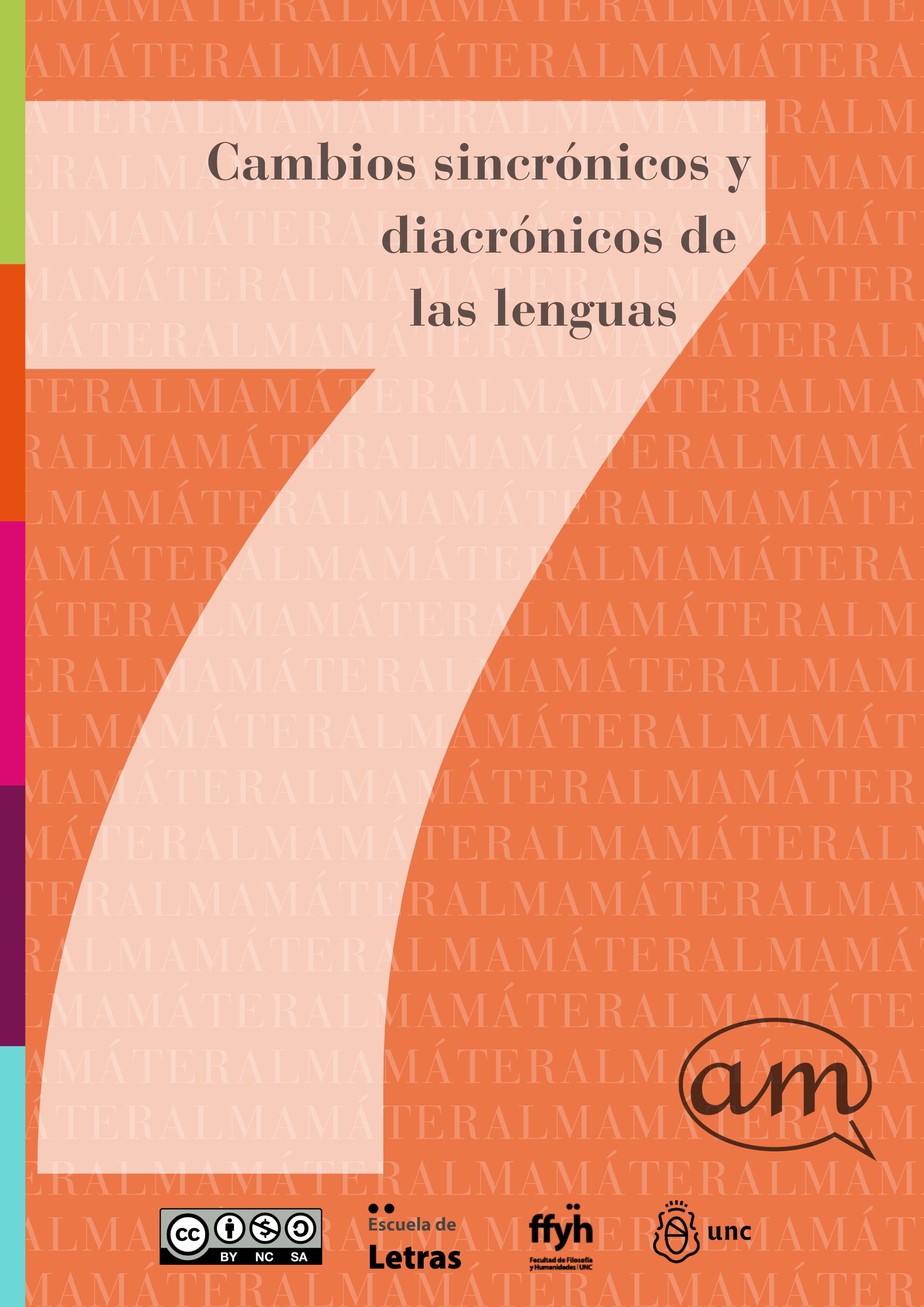¡Abrimos la convocatoria para el octavo número!
Comienza la recepción de textos para el octavo número. La temática del dossier es: Lo político en el lenguaje.
Read more about ¡Abrimos la convocatoria para el octavo número!Alma Máter is proposed by the School of Letters of the College of Philosophy and Humanities of the National University of Córdoba as a space for the circulation of linguistic texts produced by linguistics students to promote a first academic approach. Our goal is to promote the production of scientific and cultural texts related to language sciences through a socialization environment created by and for students. In this way, we think of Alma Máter as an opportunity in the formative trajectory of research students, but also as a means of support and sustenance, as a territory of encounter and nourishment for the words of those who are part of this community.
To learn about the current call for papers, click here.
To learn about our policies, click here.
Comienza la recepción de textos para el octavo número. La temática del dossier es: Lo político en el lenguaje.
Read More Read more about ¡Abrimos la convocatoria para el octavo número!
En este número, el Comité Editorial de Alma Máter propone como tema central los cambios sincrónicos y diacrónicos de la lengua. Consideramos que los estudios referidos al cambio de la lengua son, y han sido, de suma importancia para la lingüística.
Como sabemos, a lo largo de la historia nos encontramos con distintas instituciones y textos cuya intención principal es fijar un determinado estadío de la lengua, como el Appendix Probi, un libro latino que marca las formas “correctas” e “incorrectas” de hablar, o la Real Academia Española (RAE) con su ex lema “Limpia, fija y da esplendor”. Sin embargo, desde diversas ramas de la lingüística, como la dialectología, la historia de la lengua o la sociolingüística, se han realizado estudios que demuestran como un hecho incuestionable que las lenguas cambian. Dichos cambios, pueden ser, en términos saussureanos, de corte sincrónico o de corte diacrónico, entre otros tipos. En este sentido, nos encontramos con estudios que registran el cambio de una determinada lengua a lo largo del tiempo y su relación con ciertos hechos socio-históricos, por ejemplo, la conquista y colonización de una región (estudios diacrónicos). A su vez, existen estudios que identifican los cambios de una lengua en determinados sectores de una región o en distintas regiones y su relación con los factores socio-históricos (estudios sincrónicos).
